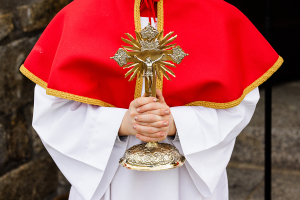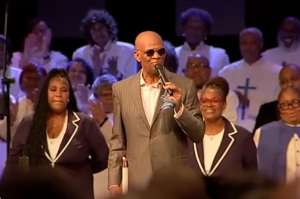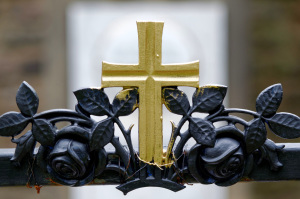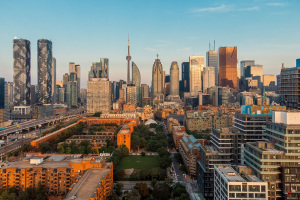How Can Baltimore and America Quench the Fires of Violence?
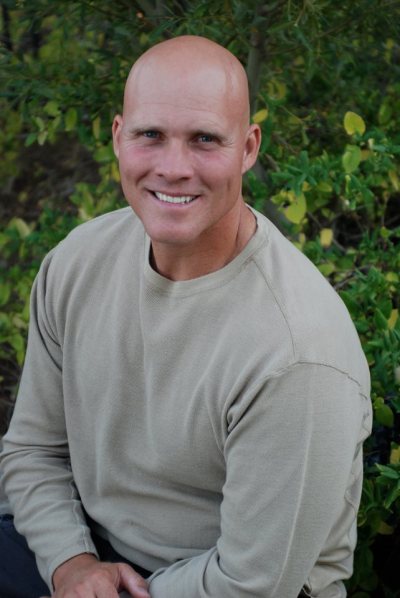
As I read the story of Michael Brown who was shot and killed August 9th, 2014 by Darren Wilson, a police officer, in Ferguson, Mo., and the other recent shootings, my heart immediately went out to the family. The pain of losing a child, I'm told, is one of the most difficult to endure.
The Baltimore decision once again fueled the flames of racism and hatred, but what if we looked through a different lens...
What if more people knew that many of America's founders did not support slavery? The truth is that many of the Founding Fathers were responsible for planting the first seeds of equality and for the eventual end of slavery. John Quincy Adams was often referred to as the "hell-hound of abolition movement" for his efforts against slavery. As historian David Barton rightly noted, "This was a fact made clear by Richard Allen. Allen had been a slave in Pennsylvania but was freed after he converted his master to Christianity. Allen, a close friend of Benjamin Rush and several other Founding Fathers, went on to become the founder of the A.M.E. Church in America. In an early address 'To the People of Color,' he explained: 'Many of the white people have been instruments in the hands of God for our good, even such as have held us in captivity, [and] are now pleading our cause with earnestness and zeal'."
What if we remember all of the parents, black and white, who lost sons fighting for freedom during the Civil War? The fallout and devastation for all families from violence and war is a lasting pain. This would help quench much of the anger in America.
What if we truly comprehended that we are all made in the image of God; there is no hierarchy relate to race or color. Would that foster healing?
What if the black community knew that many of us still look up to Martin Luther King Jr. and his heart for reconciliation...and that many white Americans also wept the day he died? Would that foster peace?
What if many of America's leaders and pastors encouraged unity regardless of color...using our speech to build up versus tear down? Would that encourage change?
What if more white pastors and leaders could truly feel the heart of suffering and allow it to break our hearts and motivate a deeper prayer and devotional life? Men of prayer are men of change.
What if we understood that what some define as racism in the church is not racism at all but preference? We all "prefer" certain settings and styles of worship. Ethnic groups, as well as age groups, generally have preferences that are based on experience and upbringing—on what is familiar and comfortable. This may be another reason why God has granted us denominations.
What if we didn't always assume that a white or black person was a racist? Personally, I don't know many racists. My best childhood friend was a young black boy named Jonathon from Quartz Hill. I still have and value a 1979 photo of our Quartz Hill Little League baseball team. And some of our best neighbors in the AV have been those in the black community. We must not forget these things.
What if black and white parents fostered unity instead of promoted division? Children are influenced heavily by the ideals of their parents.
What if we allow our hearts to break together and take fear, frustration, and anger to the Cross...rebuilding society instead of tearing it down?
What if we acknowledge the true source of conflict? It's a spiritual (not a color) battle (cf. Ephesians 6:12).
Those who do not forgive or release bitterness, anger, and hurt, never experience freedom, happiness, or 'true' restoration. It all starts here. Ephesians 4:31-32 encourages us to "let all bitterness, wrath, anger, clamor, and evil speaking be put away from you, with all malice. And be kind to one another, tenderhearted, forgiving one another, even as God in Christ forgave you."
In closing, John 10:10 is clear that Jesus came to give us life, freedom, and a relationship with God. He is our only hope...the only source of true peace. Are you experiencing this peace? If not, that can change. You must trust in Him as Lord and Savior...repent and turn to Him: "If you confess with your mouth the Lord Jesus and believe in your heart that God has raised Him from the dead, you will be saved" (Romans 10:9 NKJV).
If you're a believer, but find yourself trapped in sin, misery, and depression, there is also hope. God continually calls His people back to Himself. If you return with all of your heart (repent), He will return to you.
We call ourselves a "Christian nation," but we often reject the biblical principles that made America great such as love, forgiveness, and unity. Sadly, we call this progress. Martin Luther King, Jr., in a Letter from Birmingham Jail on April 16, 1963, wrote, "We will have to repent in this generation not merely for the hateful words and actions of the bad people but for the appalling silence of the good people." I hold the same opinion today.
What if …?
Listen to recent sermons at www.wcfav.org
















